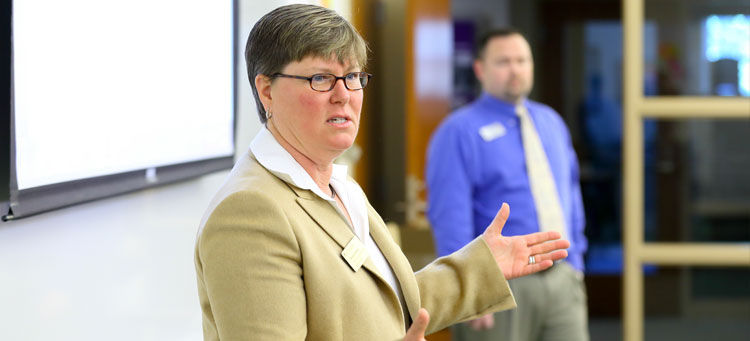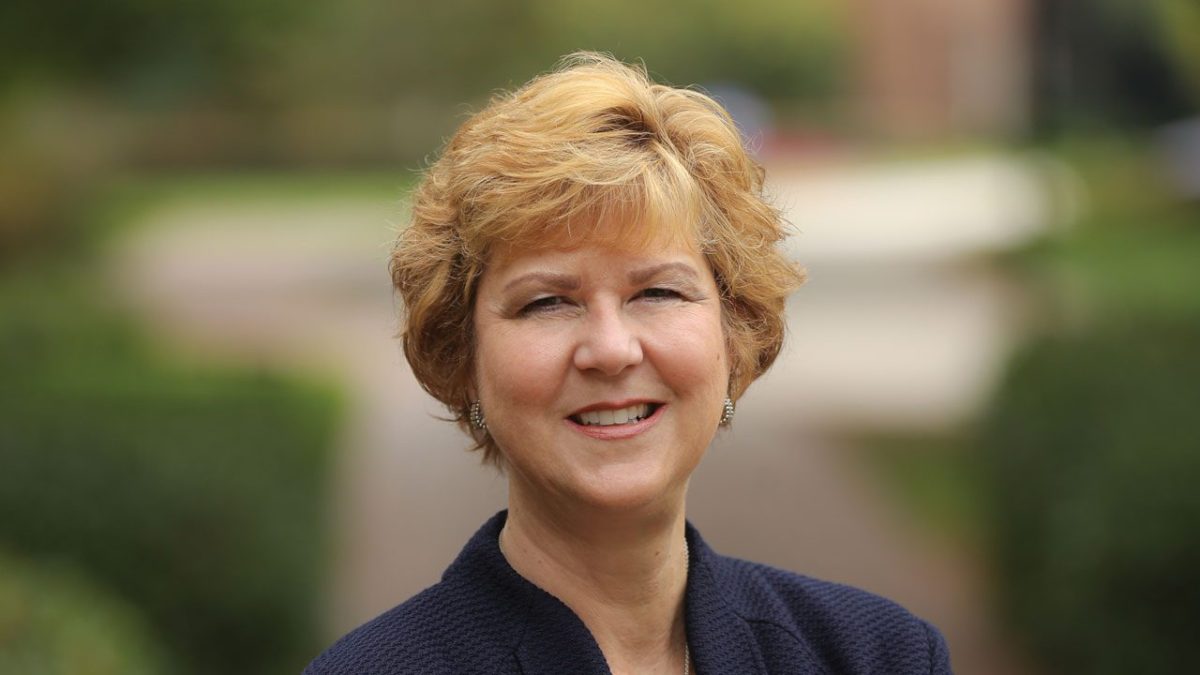In an email sent to faculty last week, Vice President of Academic Affairs and Dean of Faculty John Beckford reiterated the university’s plan to address the current budget deficit through a reduction in the size of the faculty and announced that the reductions would not rely on the release of probationary faculty such as tenure-track assistant professors.
Instead, Beckford wrote that the university would rely on “the natural attrition of faculty through resignations and retirements” to reduce the number of full-time faculty over a period of several years. In following this approach, Beckford explained, the university may not fill faculty vacancies or may reallocate positions to departments judged to have greater need.
This approach is consistent with a long-standing university process for filling faculty vacancies, but that process has received increased scrutiny as budget concerns have led the university to be increasingly critical in considering faculty appointments.
Within the last year, the university reallocated a vacant position in the Philosophy Department to the Health Sciences Department and called off a faculty search in the Economics Department. Vacancies in two other departments, Religion and Modern Languages and Literature, could also go unfilled when professors retire this spring.
In an interview with The Paladin, Beckford said the university does not have targets for how much to reduce the size of the faculty but needs to lower overall compensation. The university has also made reductions in adjunct, contingent, and visiting faculty for the upcoming academic year, and Beckford said that courses taught by contingent faculty would be subject to greater scrutiny to determine if the courses justify their expense.
In his email to faculty, Beckford emphasized the goal of achieving long-term financial stability and noted that he has developed the university’s strategy in conjunction with the ad hoc Cost Containment Advisory Committee charged with advising him on budget solutions.
Modern Languages and Literature Professor David Bost, one of eight faculty on the Advisory Committee, which also included several senior administrators, said the reduction in faculty would be “small but significant.”
“The direction that we’re steering the ship, slowly but very deliberately, is toward reducing the size of the faculty,” he said.
Bost noted that there was a general consensus among committee members that releasing probationary faculty “was not a good option,” and he argued that one of the main advantages to relying on retirements was that it avoided the ethical problem of releasing assistant professors hired with the expectation that they would have a six-year run with an opportunity for tenure.
“To stop that midstream is kind of a betrayal of that trust that you’ve established,” he said.
Bost added that the repercussions of releasing probationary faculty would be “immediate, severe, and longstanding,” noting that such an approach would damage Furman’s reputation as an employer and ability to recruit talented faculty.
Beckford acknowledged that the random timing and location of retirements would likely create “short-term imbalances in some departments” until the university could reallocate faculty positions. He told The Paladin that the university can only anticipate where and when retirements will occur “to the extent faculty are forthcoming with their retirement plans,” but he added that he feels confident in the strategy based on the information he has.
Bost said that the Advisory Committee recognized the possibility that senior faculty might delay retiring to due to uncertainties about whether the university would fill their vacancies but added that all faculty will retire eventually.
In his email, Beckford also wrote that addressing the budget deficit could lead to other changes, including the number of FYS, FYW, and GER courses that departments teach. Bost suggested that the faculty will need to reevaluate the First Year Seminar program, particularly since implementing the program when the university last overhauled the curriculum led to a significant increase in the size of the faculty.
Beckford argued that the university would need to find ways to teach the curriculum with a fewer faculty members, a process that he said would require the university to “closely examine individual teaching loads and release time, consider higher capacities in some courses, and stringently enforcing minimum enrollments.”
Bost noted that reducing the size of the faculty could raise the student to faculty ration from 11:1 to 12:1, a change that would increase class sizes while potentially making it more difficult for the admissions and marketing departments to attract prospective students.
Beckford added that the university would need to evaluate the curriculum itself, including the “viability of majors and minors with historically low enrollments.” Academic Affairs will also undergo changes, including developing program standards and reducing or eliminating programs that fall short of those standards.
Bost said that another task of the Advisory Committee was to analyze efficiency data and identify areas of overstaffing, though he declined to make those findings public at this time.
Beckford wrote in his email that he has presented a preliminary budget report to a financial subcommittee of the Board of Trustees and would present a similar report to the full Board in February.
He noted that the budget-reduction targets could change and that variables like student enrollment, discount rates, and retirements would all affect the universities financial strategies.
Similarly, Bost expressed optimism about the university’s future but agreed that addressing the budget through retirements would be complicated.
“It’s a very messy process,” he said.



























